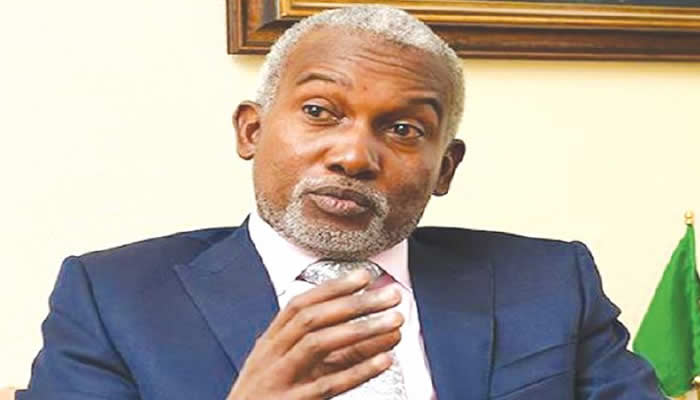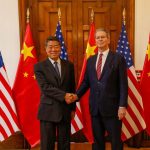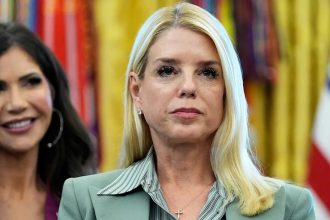The Federal Government has firmly rejected claims that Nigeria’s foreign policy is hypocritical, asserting that its diplomatic stance is rooted in “strategic autonomy” and pragmatic national interest rather than ideological alignment or double standards.
Speaking at the Nigerian Institute of International Affairs in Lagos on Friday, the Minister of Foreign Affairs, Yusuf Tuggar, addressed rising criticisms of the country’s approach to international relations.
He emphasised that Nigeria’s foreign policy is neither insincere nor contradictory, but rather a realistic response to a rapidly shifting global order.
“Strategic autonomy is not the same as being duplicitous or hypocritical.
“It’s being pragmatic. And as Nigeria has always been, our foreign policy remains guided by moral precepts and ethical considerations,” Tuggar stated.
The minister’s remarks, conveyed in a statement released Sunday by Ministry spokesperson Kimiebi Ebienfa, were part of a lecture titled “Navigating Realities: Aligning Nigeria’s Foreign Policy Practice with Emerging Global Dynamics.”
Tuggar argued that Nigeria must evolve its diplomatic strategy to meet the demands of a new global landscape defined by artificial intelligence, climate change, and geopolitical flux.
Citing past experiences—from the non-alignment era to economic shifts under structural adjustment programmes—Tuggar warned against the dangers of “band-wagoning” and aligning blindly with global powers.
Instead, he proposed a four-pillar framework guiding the Tinubu administration’s foreign policy: Democracy, Demography, Development, and Diaspora.
“We seek to preserve our flexibility and autonomy where our national interest is concerned,” he affirmed.
Tuggar further emphasised that Nigeria’s diplomatic consistency is anchored in Africa-first priorities, including support for the African Continental Free Trade Area and regional security through the Multinational Joint Task Force, Economic Community of West African States, and the African Union.
Addressing concerns about Nigeria’s promotion of democracy, especially amid growing political instability in West Africa, Tuggar clarified that Nigeria’s approach is not prescriptive.
“When some hear the mention of democracy as one of the 4Ds, they accuse us of proselytising. Far from it,” he said, noting that the country supports “the variable geometry of democracy.”
Tuggar’s remarks came amid rising political instability in West Africa, marked by a wave of military coups in recent years and growing anti-Western sentiment, particularly in francophone countries.
In 2024, Mali, Niger, and Burkina Faso announced their withdrawal from ECOWAS, citing a betrayal of the bloc’s founding principles. In a joint statement, the military rulers—Ibrahim Traoré (Burkina Faso), Assimi Goita (Mali), and Abdourahamane Tiani (Niger)—accused ECOWAS of failing to support them in combating terrorism, which they claim justified the overthrow of their elected governments.









